Read More - Heart Valve Replacement Surgery Cost in India
AICD Implantation Cost in India
Unlock Exclusive Discount : Your Gateway to Premium Healthcare with Medsurge India Health Value Card.

Unlock Exclusive Discount : Your Gateway to Premium Healthcare with Medsurge India Health Value Card.

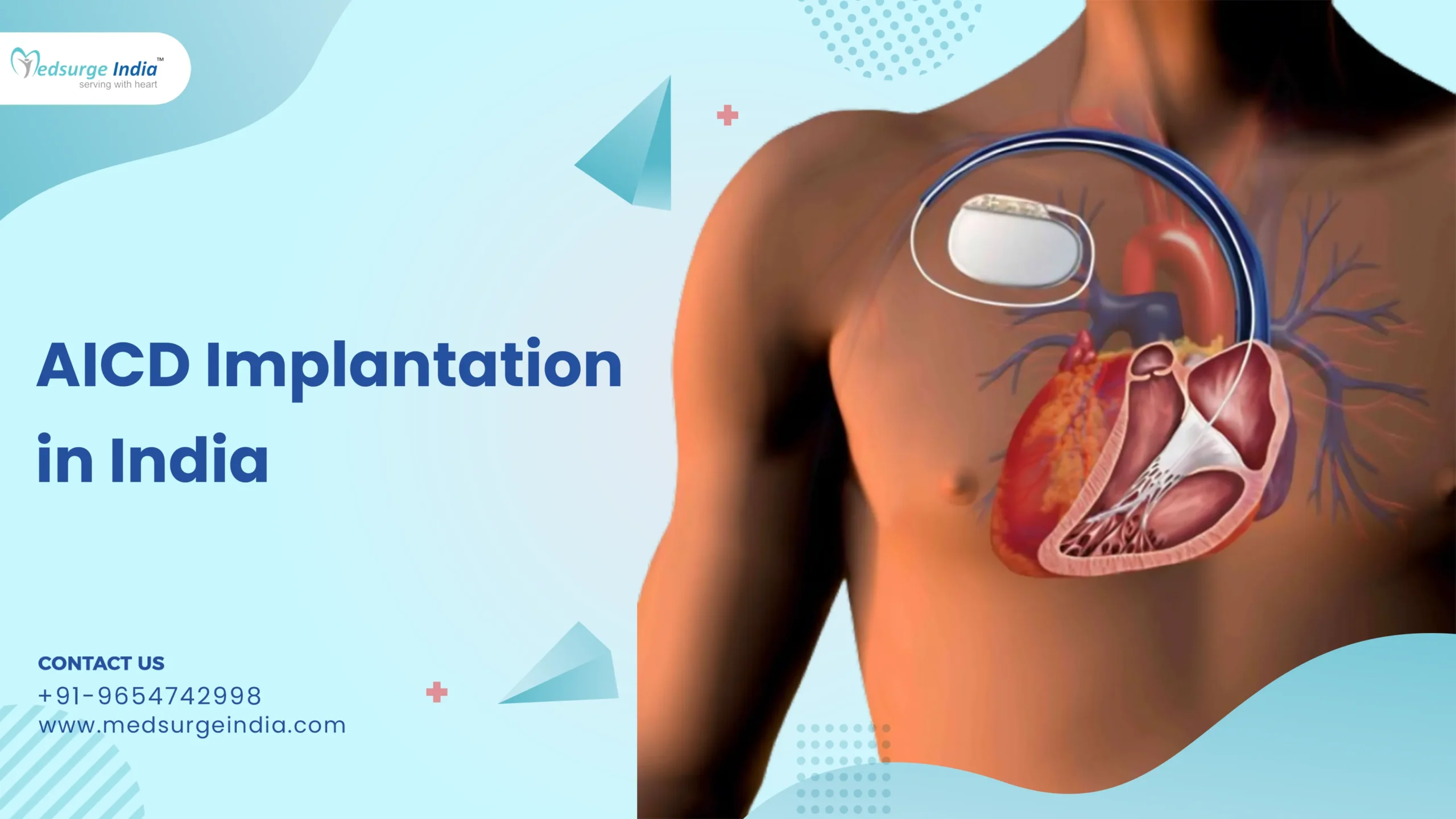
AICD is an electronic device that is implanted near the heart to monitor the heart rhythm. It is a pacemaker device that helps deliver anti-tachycardia pacing and shocks to the heart. It treats ventricular fibrillation and ventricular tachycardia.
The achievement rate of AICD Implantation in India is over 98%. The complications could arise because of harm to blood vessels, stroke or heart disease, or kidney cells.
The cost of AICD implantation in India is quite affordable. The patient must stay 5 days in the hospital and 9 days beyond the hospital. The treatment cost plan also depended upon the tests demanded before the implantation like heart tracking, ECG findings, echocardiogram, CT scan, MRI, and chest X-rays.
The automatic implantable cardioverter-defibrillator (AICD) is a device that monitors the heartbeat. When it detects a life-threatening change in the heart’s rhythm, this device delivers an electrical impulse or shock to the core. The AICD, like a pacemaker, is small enough to be implanted beneath the skin in the upper chest. The AICD system consists of the following components:
Depending on the type of abnormal rhythm problem being treated, your doctor can also program the AICD to deliver a variety of sophisticated electrical therapies.
Some individuals are more susceptible to sudden death. For these people, an AICD can provide appropriate treatment and, in most cases, prevent sudden death. Today, the following are the indications for an AICD:
Or patients who are at risk for the previously stated rhythm problems because of:
Want to know more about AICD Implantation? Click Here.
AICD Implantation Cost in India between 12,000 USD to 18,000 USD. For AICD Implantation in India, the expenses are subject to variation based on the patient’s condition and the specific treatment approach chosen by the doctor following the results obtained.
| Cities | Starting Price |
| Delhi | $12,000 to $18,000 |
| Gurgaon | $10,000 to $18,000 |
| Mumbai | $12,000 to $18,000 |
| Chennai | $11,000 to $18,000 |
| Bangalore | $12,000 to $18,000 |
Please note that the pricing and the treatment for AICD Implantation cost in India will vary depending on the patient’s choice and other various factors.
The following here are some variables that can affect AICD Implantation Cost in India:
Furthermore, the standard and caliber of medical services and amenities provided are comparable to esteemed healthcare establishments globally, despite taking into account expenses for lodging, food, and travel. Additionally, with the expertise of skilled physicians, Medsurge India guarantees that individuals are provided with the most cost-effective AICD Implantation cost in India.
| Estimate Type | Estimated Cost (USD) |
|---|---|
| Total Package Estimate | USD 12,000 – USD 18,000* |
*Final cost depends on hospital, patient condition, and additional procedures/devices if required. Share your reports to get an accurate quote.
Estimated cost range in India: USD 12,000 – USD 18,000*
*For an accurate quote and hospital options, share your reports and preferred city/hospital.
Your healthcare provider may recommend that you do the following before receiving an AICD implant in India:
An AICD implantation procedure is typically carried out in a hospital or clinic. It requires a long time.
AICD procedures can vary greatly. In general, however, your healthcare provider will:
Living with an AICD should give you peace of mind that treatment for a life-threatening condition is available whenever and wherever you need it. There are a few things you should be aware of, including:
Inform your healthcare provider if you develop any signs of infection following AICD implantation surgery:
An automated implantable cardioverter defibrillator (AICD) is a medical device that continuously monitors the cardiac rhythm of the heart and delivers an electric shock if an irregular heart rhythm is detected. Inform all of your healthcare providers if you have an AICD implanted. Also, be aware of anything that may interfere with the device's operation.
Read More - Heart Valve Replacement Surgery Cost in India
A: The typical heartbeat in the rest is 60-80/minutes. The heart rhythm is controlled with the stimulation produced by the SA(sinoatrial) node that’s situated in the ideal atrium of the heart.
A: In ventricular fibrillation heart rhythm increases to 240/min since the stimulation is no longer controlled, the heart beats extremely fast and so so inefficient the blood stops circulating. Ventricular fibrillation is a life-threatening illness and may result in cardiac arrest and sudden death in patients.
A: AICD is a life-saving apparatus, AICD may discover and correct abnormal quickly rhythms. This apparatus continuously monitors the heart rhythm, and it remains dormant once the heart is working normally but When it paths an abnormally rapid heartbeat it transmits little low voltage electric shocks to the heart that adjusts abnormal rhythm (anti Tachycardia pacing ). Sometimes low power shock is sent to restore normal rhythm (Cardioversion) and in several cases, a high energy jolt Once the heart is beating dangerously fast (Defibrillation )
A: AICD Contains:
A: The battery of AICD lasts for approximately 6-10 years based on its use, following the battery life is over the whole apparatus then has to be substituted but the prospects might be reused.
A: AICD can send electric impulses either low or high to fix the abnormal heart rhythm, whereas the pacemaker is only going to have the ability to send low electricity instincts So, in cases of sudden cardiac arrest, where large energy impulses(jolt ) are expected to reestablish the heartbeat, AICD is required and may be lifesaving.
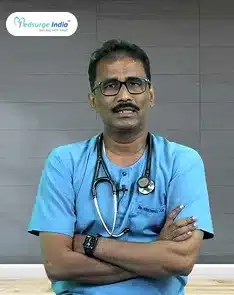
Interventional Cardiologist
Clinical Director
17+ Years
Care Hospital, Bhubaneswar
View Doctor
Interventional Cardiologist
Clinical Director
25+ years
Care Hospital, Bhubaneswar
View Doctor
Interventional Cardiologist
Clinical Director and Head of Department
36+ years
Care Hospital, Bhubaneswar
View Doctor
Interventional Cardiologist
HOD & Senior Consultant
17+ years
Meitra Hospital, Calicut, Kerala
View Doctor
Interventional Cardiologist
Senior Consultant
25+ years
Care Hospitals HITEC City
View Doctor
Interventional Cardiologist
Senior Consultant
10+ years
Care Hospitals HITEC City
View Doctor
Interventional Cardiologist
Director & Senior Consultant
22+ years
Care Hospitals HITEC City
View Doctor
Interventional Cardiologist
Senior Consultant
25+ years
Care Hospitals HITEC City
View Doctor
Interventional Cardiologist
Senior Consultant
28+ years
Baby Memorial Hospital
View Doctor
Interventional Cardiologist
Senior Consultant
14+ years
Baby Memorial Hospital
View Doctor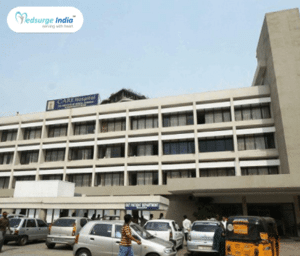
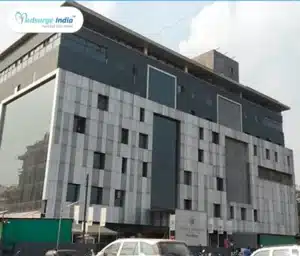
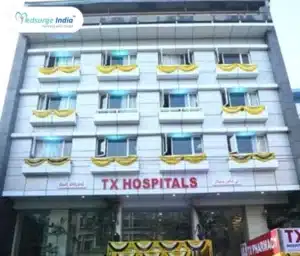
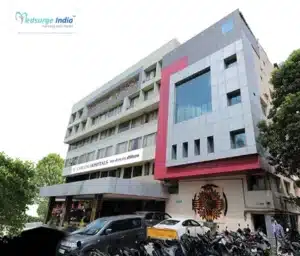



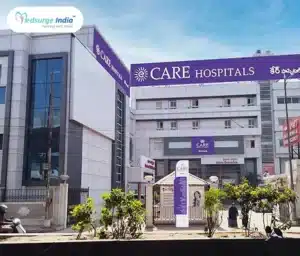

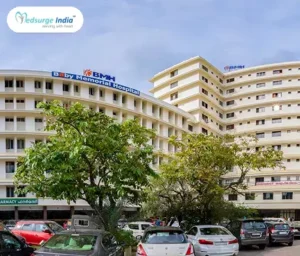
By using our site, you agree to our Terms and Conditions, Privacy Policy and Refund Policy. Medsurge India provides reliable healthcare information and treatment options to support informed decision-making. Our content is designed to support and complement the guidance of your treating doctor, helping you feel informed and confident throughout your healthcare journey. We also Accept International Payments.

Copyright © 2025 NSM ONLINE SOLUTIONS PRIVATE LIMITED. All rights reserved.